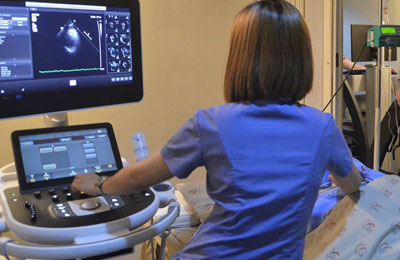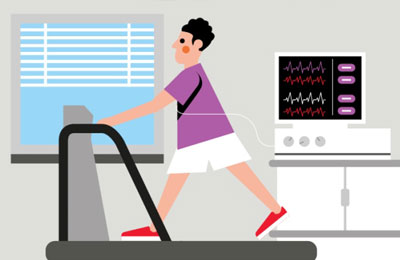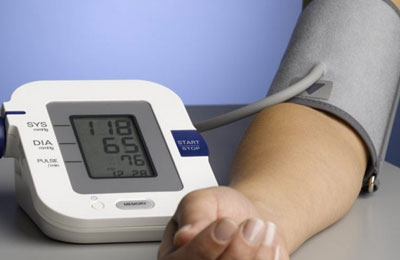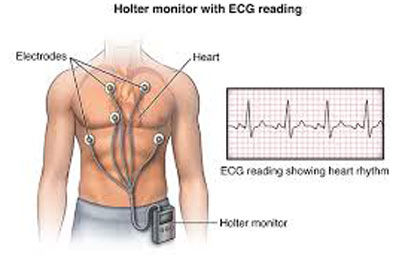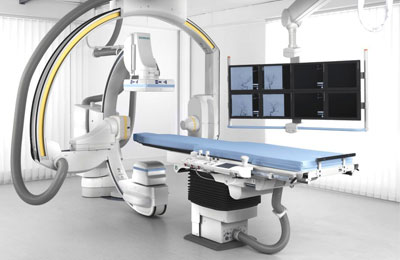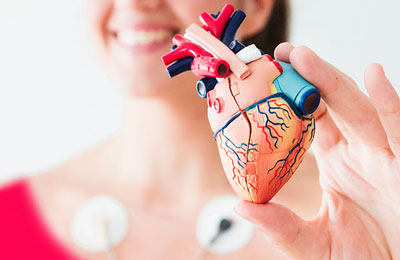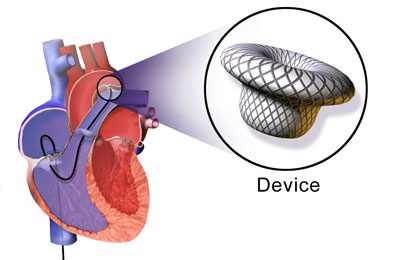Electrocardiography (ECG)
Electrocardiography (ECG) is a quick and painless diagnostic procedure. We use ECG to test for various problems like detection of heart attack, evaluation of chest pain, rhythm disturbances and enlargement of heart.
How is Electrocardiography done?
Electrocardiography (ECG) is a quick and painless diagnostic procedure. We use ECG to test for various problems like detection of heart attack, evaluation of chest pain, rhythm disturbances and enlargement of heartThe heart produces electrical impulses each time it pumps blood. An electrocardiograph records this electrical activity of the heart to measure the heartbeat and rhythm. The heart’s electrical impulses are recorded and shown on a paper strip or computer screen. These recorded impulses are called electrocardiogram. The doctor reads the electrocardiogram and analyses if the person has abnormal heart rhythm, cholesterol blockage in the blood vessels, or any other heart problem. Electrocardiography is also used to monitor the damage to the heart and vessels due to high blood pressure.
When to get an Electrocardiogram?
An ECG is suggested in case a person has the symptoms of a heart disease. These symptoms include shortness of breath, chest pain and abnormal heartbeat. ECG is vital for people who have diabetes, or a family history of heart conditions, to diagnose if they have any heart problems.




